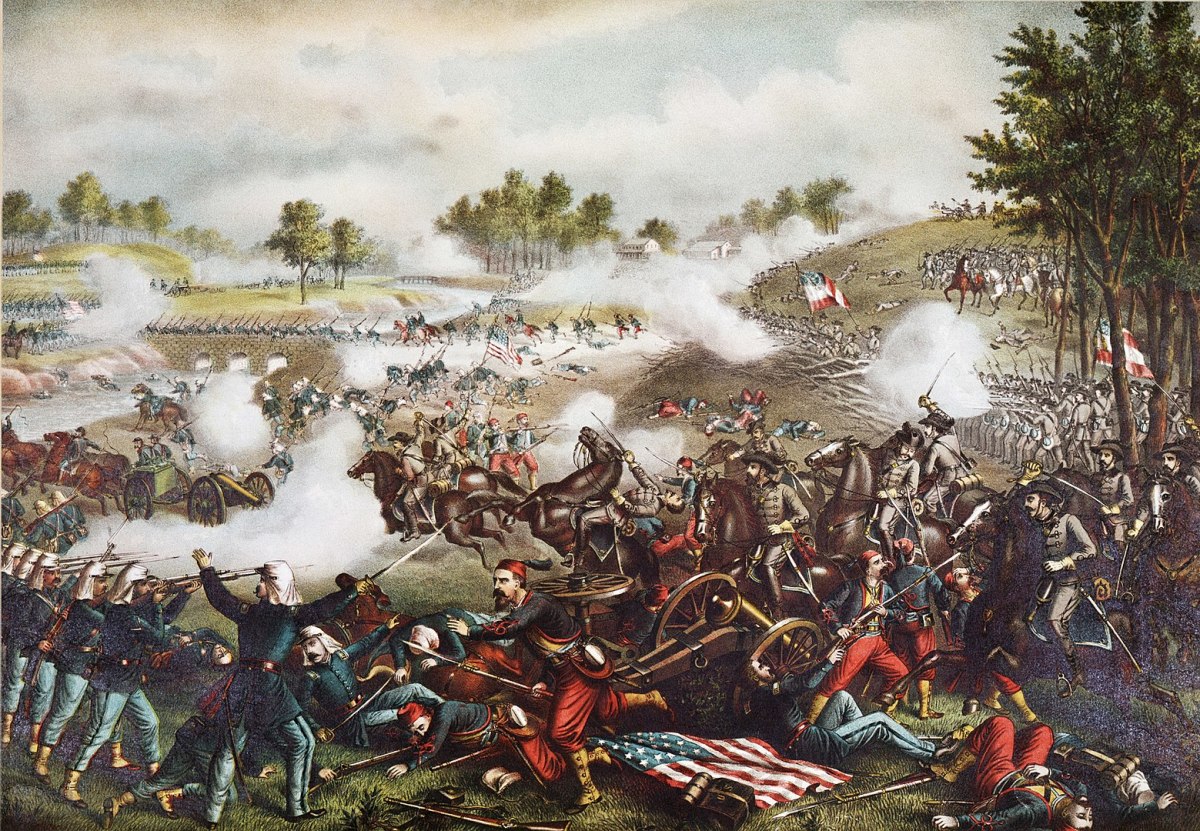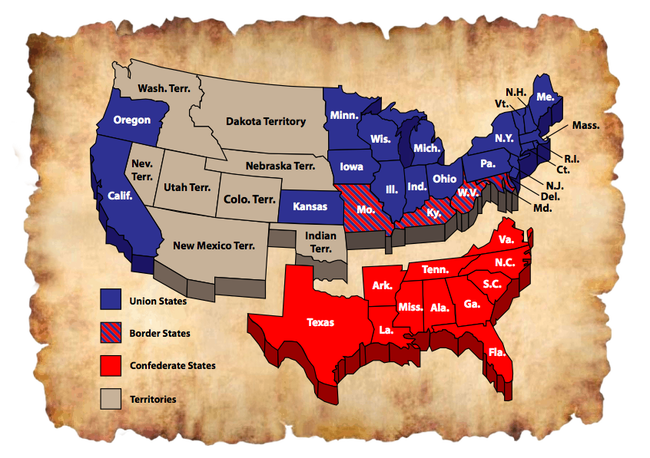Reference




OpenAI's Answer
Some of the most significant battles of the American Civil War include:
-
Battle of Gettysburg (July 1-3, 1863): Often considered the turning point of the Civil War, this battle involved approximately 165,000 soldiers and resulted in over 50,000 casualties. It marked the end of Confederate General Robert E. Lee's invasion into the North and shifted the momentum to the Union forces. The defeat also led to a significant decline in Southern morale and military capability. Source: History.com
-
Battle of Vicksburg (May 18 – July 4, 1863): This siege was crucial for the Union to gain control of the Mississippi River, effectively splitting the Confederacy in two. The surrender of Vicksburg on July 4, 1863, coincided with the end of Gettysburg, marking a pivotal moment in the war. Source: ThoughtCo
-
First Battle of Bull Run (July 21, 1861): This was the first major battle of the Civil War and it shattered the North's hopes for a quick victory. The Confederate victory boosted Southern morale and proved that the war would be longer and bloodier than initially expected. Source: American History
-
Battle of Antietam (September 17, 1862): Known as the bloodiest single day in American history, Antietam resulted in about 22,000 casualties. Although it was tactically inconclusive, it gave President Abraham Lincoln the opportunity to issue the Emancipation Proclamation, shifting the war's focus to the issue of slavery. Source: HistoryTools
-
Battle of Appomattox Court House (April 9, 1865): This battle effectively marked the end of the Civil War, with General Lee's surrender to General Grant. It signified the collapse of the Confederate military and paved the way for the reunification of the country. Source: HistoryNet
These battles are significant not only for their immediate military outcomes but also for their broader implications on the war's trajectory, morale, and the social landscape of America.
